Curtains Up on Live Theater: In Support of Performing Arts
Latin’s Wrigley Auditorium serves as the venue for many student performances, elevating the experience for artists and audience members.
The lights dim; I inhale deeply and utter my first lines. As palpable energy exudes from the audience, I’m transported somewhere new, somewhere safe. For a moment in time, the weight of the world melts away, and a wave of freedom engulfs me.
As the pandemic continues to cause harm, the performing arts have suffered more than any other industry. Artists have lost entire careers, schools have given up on providing secure artistic outlets, and, together, we’ve lost a necessary spark of joy amid the unrelenting chaos in our lives.
Students have lost the opportunity to express themselves creatively in many high schools across the country, perhaps forever.
By embracing the beauty of performing arts, students develop lifelong communication skills, increase their empathy toward others, and collaborate with the greater ensemble. The lessons one learns performing onstage transfer to real-world scenarios, and without proper support for the arts, students will not achieve the same level of intellectual progress.
Last April, Chicago Public Schools announced nearly half of schools would experience budget cuts this academic year, according to local news station WTTW. Some officials have tried to increase “access to the arts across every single school” by investing funds specifically in performing arts, but despite these attempts, most schools require even more financial support. Additionally, the majority of budget cuts affect schools in low-income communities, perpetuating inequity.
Latin’s stellar performing arts program is an outlier in the school world. My gratitude to the arts demonstrates why all students deserve increased access to creative opportunities.
Since the moment I stepped onstage at a young age, I’ve made my greatest self-discoveries while performing. Working with my castmates—and ultimately achieving a shared goal—has taught me to contribute more positively at school. By making myself vulnerable in front of large audiences, I’ve boosted my self-esteem and public speaking skills. Without these opportunities, I never would have acquired the confidence I have now.
As a senior, I hope future Romans will have the same opportunities to express their artistic passions. Despite Latin’s flexible curriculum that encourages students to pursue creativity, the school could do more to help students feel valued for their contributions.
To fulfill graduation requirements, Upper Schoolers must take one half-credit of performing arts. With electives ranging from “Improv Company” to “Stagecraft” to “Speech,” students can engage with a plethora of options, proving beneficial for those who don’t consider themselves artists.
Students who participate in the arts through extracurriculars, however, do not receive in-school recognition for their contributions. Unlike how students can fulfill their physical education requirements by playing sports after school, everyone must enroll in a performing arts class during the day. This discrepancy undermines many students’ out-of-school commitments and perhaps makes extracurriculars less appealing.
According to Scholastic, children involved in the arts “are four times more likely to be recognized for academic achievement compared with their non-performing friends.” Emotionally, students take more ownership of their feelings by stepping into new roles. These invaluable skills only become stronger as students begin performing from a young age, underscoring why schools must support creative outlets and award students’ efforts.
Unlike many kids, I spent my childhood playing Broadway soundtracks on repeat; shows like “Wicked,” “Matilda,” “Hamilton,” and “Waitress” became staples in my rotation. Attending live theater became a meditative experience where I could tune out reality for a brief two-and-a-half-hour duration. Performing arts allowed me to view any goal as possible, and I worry that future generations might miss out on the magic of live performances.
While theater equipped me to become stronger academically, I’m most grateful for the acceptance I experienced onstage. Entering Latin’s Middle School, I stepped into productions knowing I’d be accepted for all I brought forward. It wasn’t until my freshman year, though, that I found a community within the tight-knit cast and crew members. Obstructing students from participating in the arts destroys the sense of belonging that many of them depend on.
Now more than ever, performing arts deserve total revitalization and proper funding to offer catalysts for innovative thinking, which begins in school. Without the arts, we lose what makes us human, demolishing a necessary means for self-expression and communication that defines individuality.

Will Baiers (’23) is a senior at Latin and could not be more excited to serve as a Features Editor. Will has a passion for spotlighting current events...






































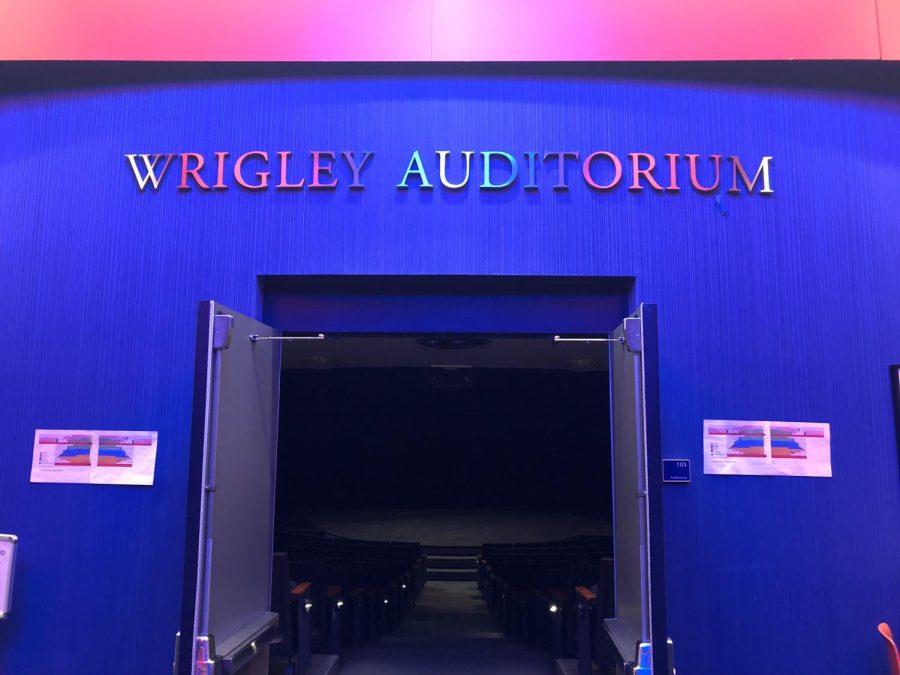
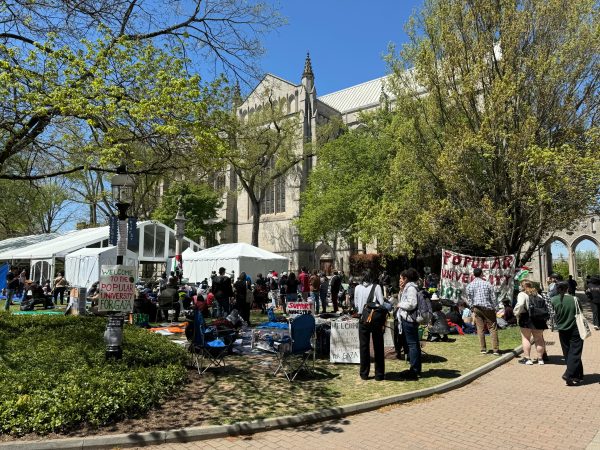
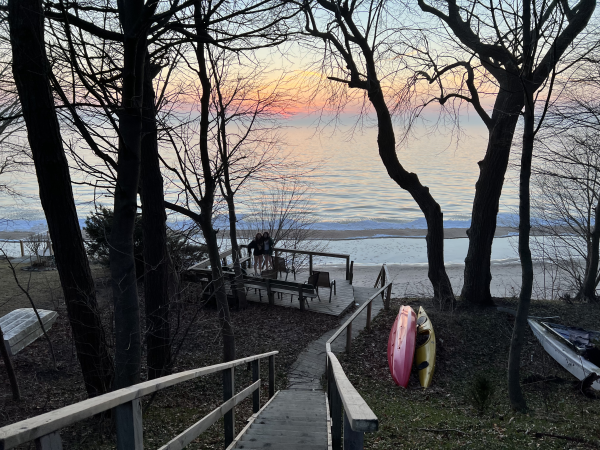




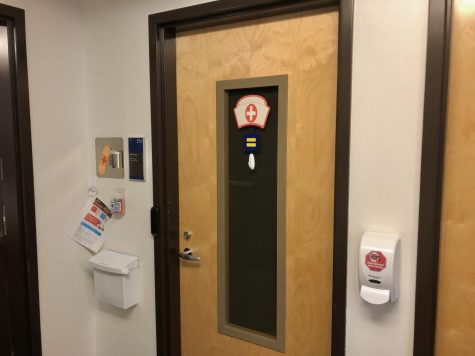
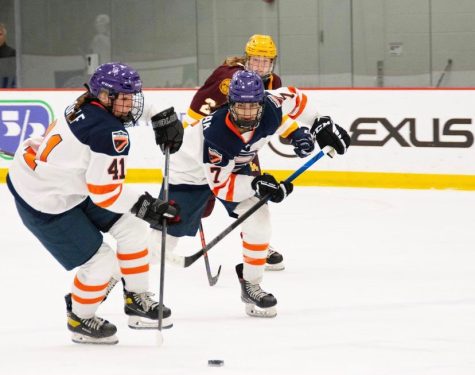






Durant • Feb 1, 2023 at 8:30 pm
Well said, Will.
I love this article. The benefits of engaging in the performing arts are not understood or appreciated as much as they should be. Important social emotional, life skills are learned and practiced in rehearsal and onstage. Skills that are important to being a healthy human.
Kathleen King • Jan 13, 2023 at 3:48 pm
Agreed! Thanks for this important message. Let’s go!